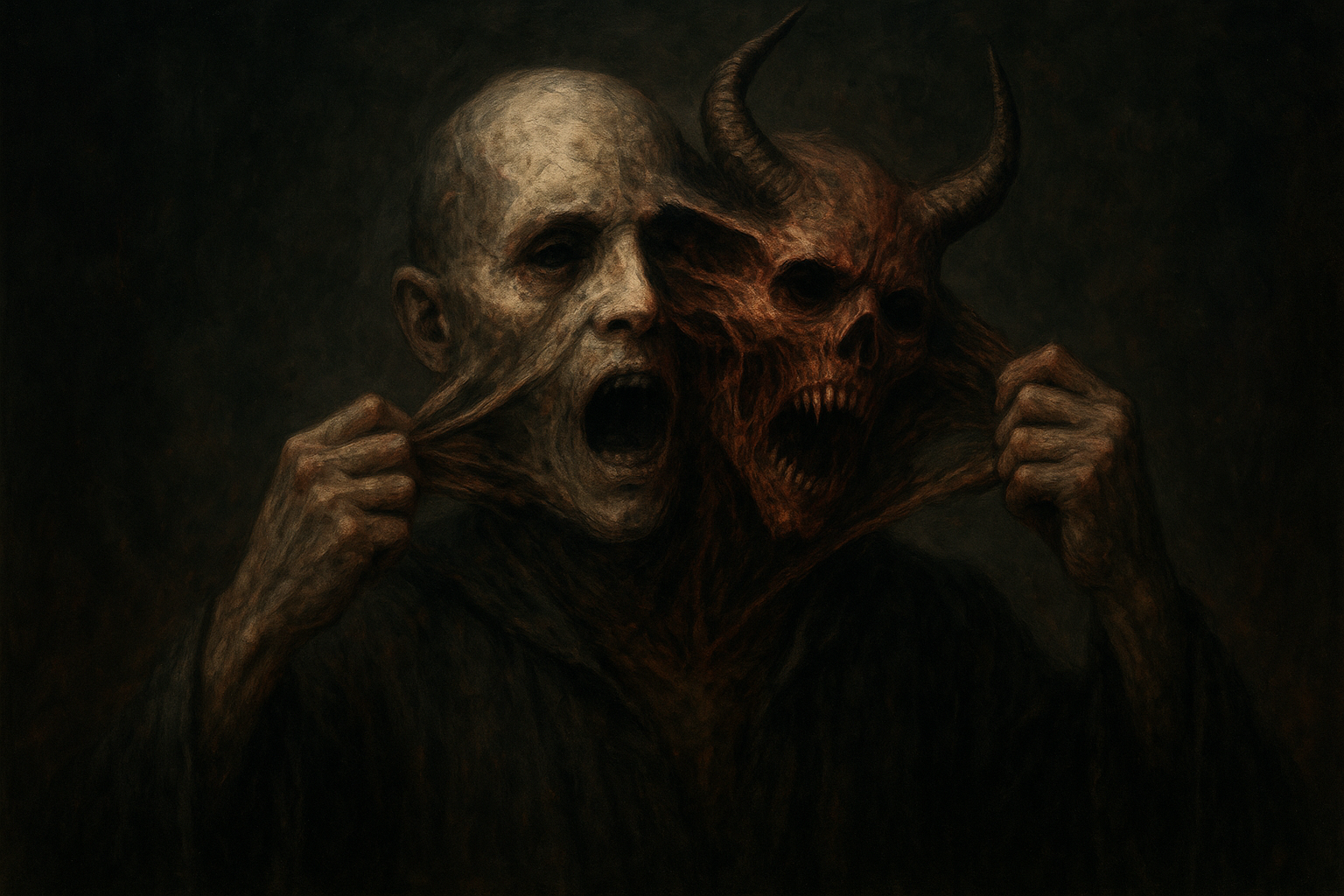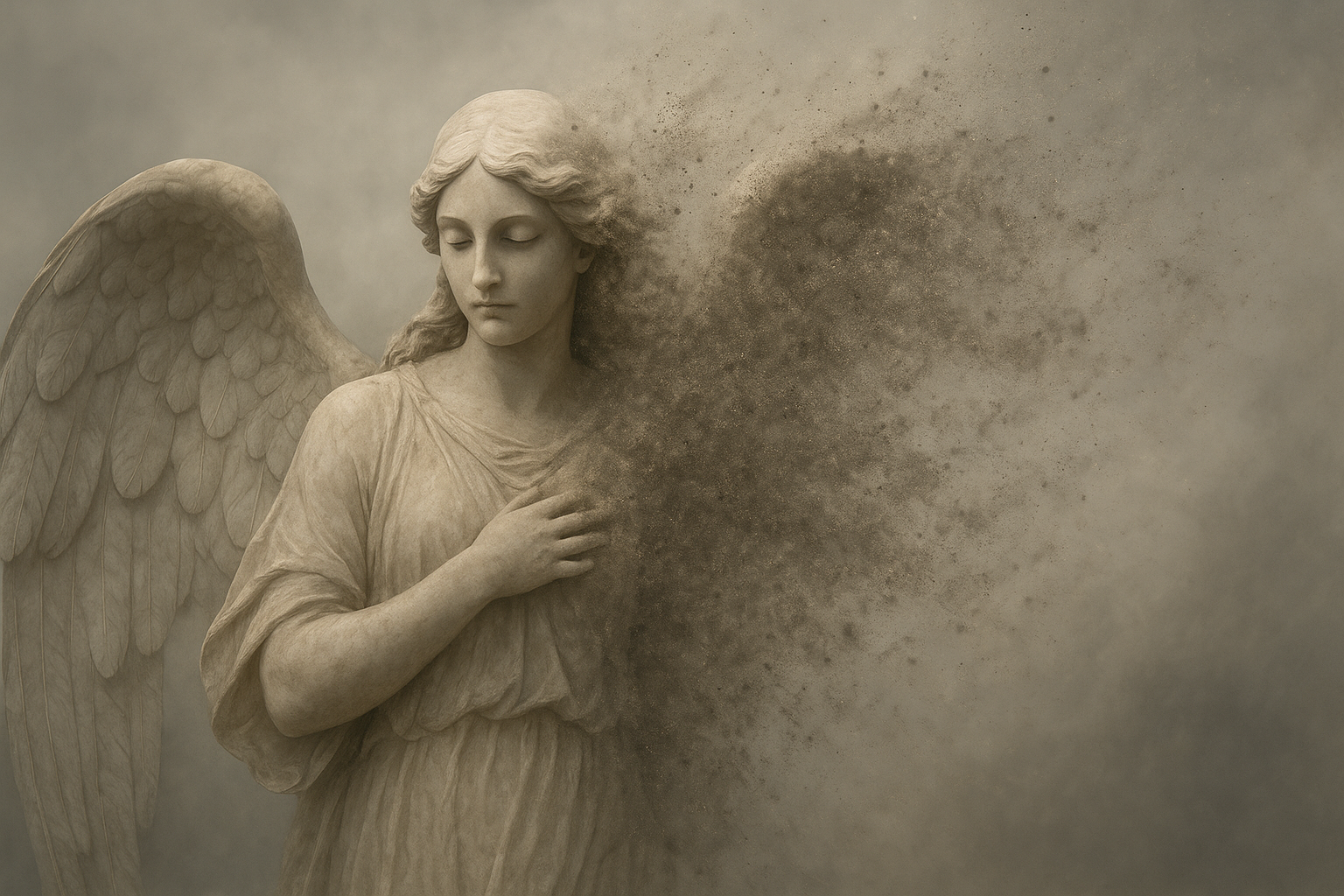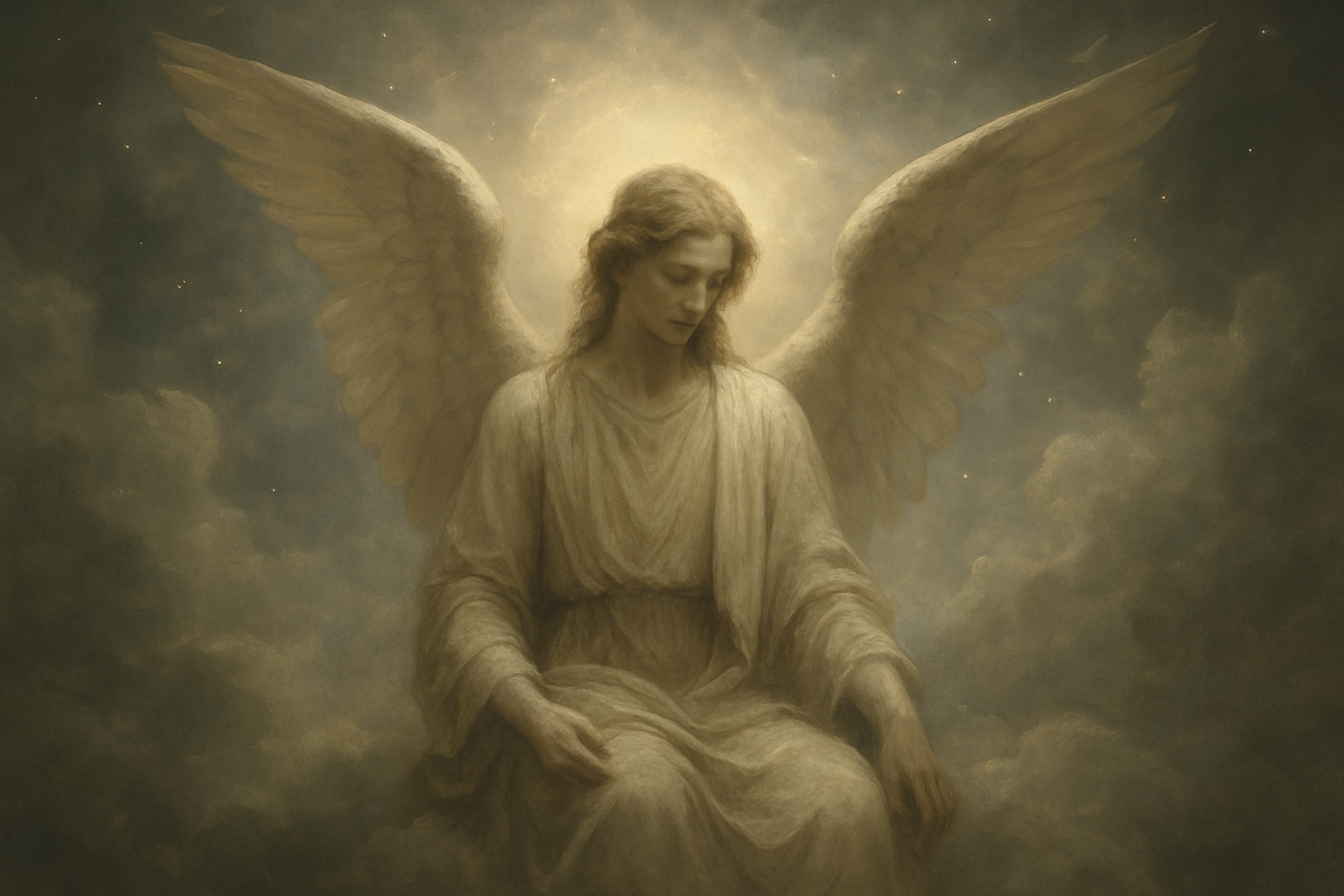Angelic Silence: Depersonalization in the Divine
The notion of depersonalization touches on the abstract boundaries of existence and the ethereal realm of spirituality. Within the divine contemplation of angelic silence, this phenomenon can be not only understood but experienced as a gateway to otherworldly serenity. This exploration delves into how depersonalization is both a spiritual and psychological journey, offering a bridge to divine communion and peace.
The Concept of Depersonalization
Depersonalization is often categorized by the sensation of detachment from one’s own body or identity. While usually considered a symptom of Depersonalization-Derealization Disorder, in spiritual contexts, it can be seen as a means of transcendence beyond the physical self, unlocking new dimensions of divine interaction.
“You are not a drop in the ocean. You are the entire ocean in a drop.” – Rumi
This sentiment conveys the esoteric truth that within every individual lies the potential for experiencing divine interaction, a sense of unity and wholeness that provokes deep inner peace and understanding.
Angelic Silence: The Divine’s Quietude
Angelic silence refers to a profound inner stillness that can arise during spiritual practice when the noise of the earthly plane falls away, allowing one to enter a deeper communion with the divine. This silence is not merely the absence of sound but a sacred space where the soul can align with higher planes of existence.
- Transcendental Meditation: A practice highly effective in reaching a state of angelic silence, where individuals report a profound sense of oneness with the universe.
- Contemplative Prayer: Often used by mystics and saints, this prayer technique allows a withdrawal of consciousness from the external world to communicate with the divine.
No wonder mystics and spiritual leaders across cultures have sought such silence, as it is seen as the realm where angels whisper the secrets of the cosmos.
Experiencing the Divine: The Role of Depersonalization
To navigate angelic silence through the lens of depersonalization requires an understanding that losing oneself may lead to finding a deeper connection with the divine. This spiritual paradox highlights creative tension within one’s psyche, witnessing over time a metamorphosis towards self-realization and transcendence.
Steps to Embrace Divine Detachment
- Meditative Practice: Cultivate moments of silence daily, allowing yourself to slowly release your grasp on ego-driven thoughts.
- Mindful Observation: Engage in practices of mindful observation, where you witness thoughts as clouds passing the sky, temporary and without inherent substance.
- Journaling Divine Experiences: Record instances of spiritual illumination, which may emerge during meditative states of silence. These insights can serve as a guide and reaffirm your spiritual journey.
“The more you are motivated by love, the more fearless and free your action will be.” – Dalai Lama
When entering states of depersonalization purposefully, one may encounter love’s transcendental essence, leading to fearlessness and liberation.
The Union of Psychology and Spirituality
The psychological community acknowledges that depersonalization can be a challenging state when experienced unconsciously or due to trauma. However, spiritual teachers often mention that guided depersonalization under a caretaker of consciousness – such as a teacher or within divine practice – has the potential for profound spiritual awakening.
Consider the words of contemporary spiritual teacher Eckhart Tolle, “The primary cause of unhappiness is never the situation but your thoughts about it.”
This statement aligns with transformational paths such as those evident in Buddhism and the teachings of Advaita Vedanta, which expound on the dissolution of the ego as progress toward enlightenment.
The Sacred Journey Toward Unity
Discovering angelic silence through depersonalization is akin to a pilgrimage. Individuals explore vast spiritual solitude — a condition sought by hermits, mystics, and seers for ages. It reaffirms dual notions of individual divinity and unity with all that exits.
- Ego Dissolution in Mysticism: Tales of saints like St. John of the Cross during the “Dark Night of the Soul” signify the cross-cultural theme of ego dissolution as a movement toward holiness.
- The Role of Nature in Cultivating Silence: Engaging with nature can aid in entering states of angelic silence, magnifying feelings of connectivity that dispel loneliness and uncertainty.
Such sacred exploration requires courage and commitment, promising rewards rich in spiritual wisdom and an expanded consciousness that stretches into the divine expanse.
Conclusion
Angelic silence harmonizes depersonalization with divine communion. This pathway of dissolution, while initially unsettling, beckons toward realms filled with light and love, where earthly fears dissolve into cosmic understanding. It is here that one truly finds their place within the universe, experiencing a profound peace that speaks directly to the soul.
Thus, what begins with letting go of the self, in spirit, leads one back to discovering its heaviest truth: the boundless divinity within and without.









